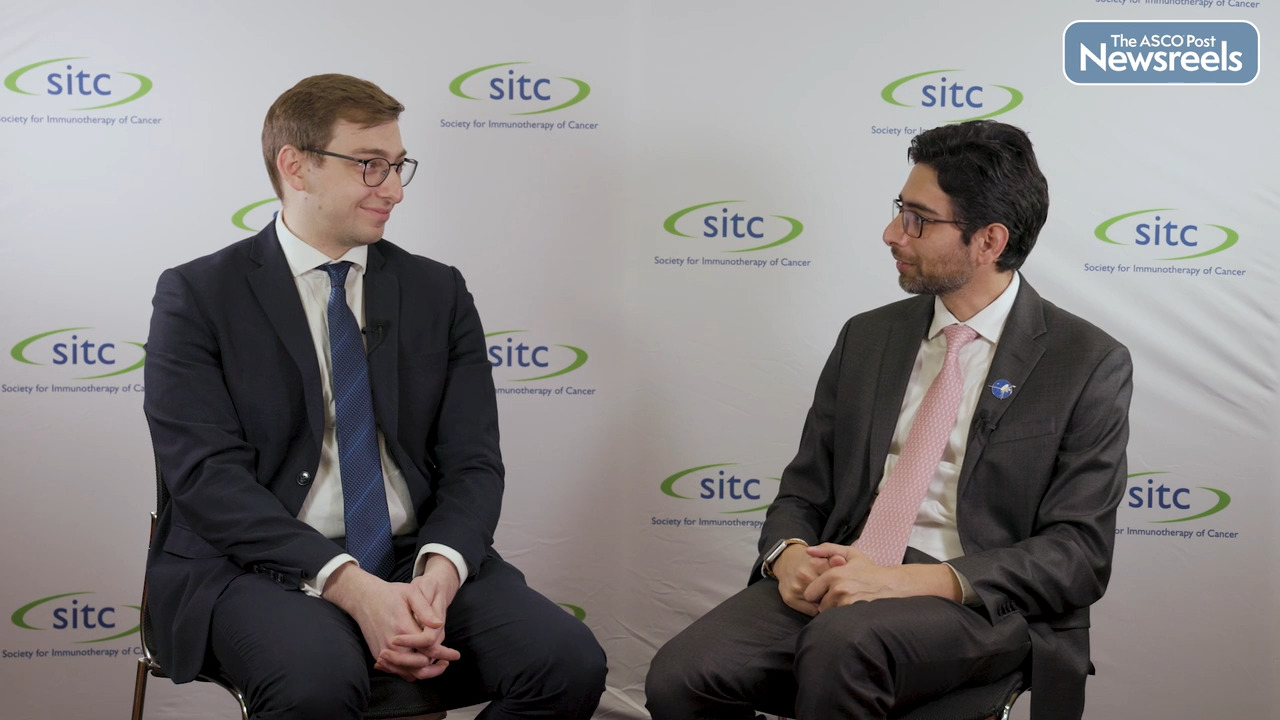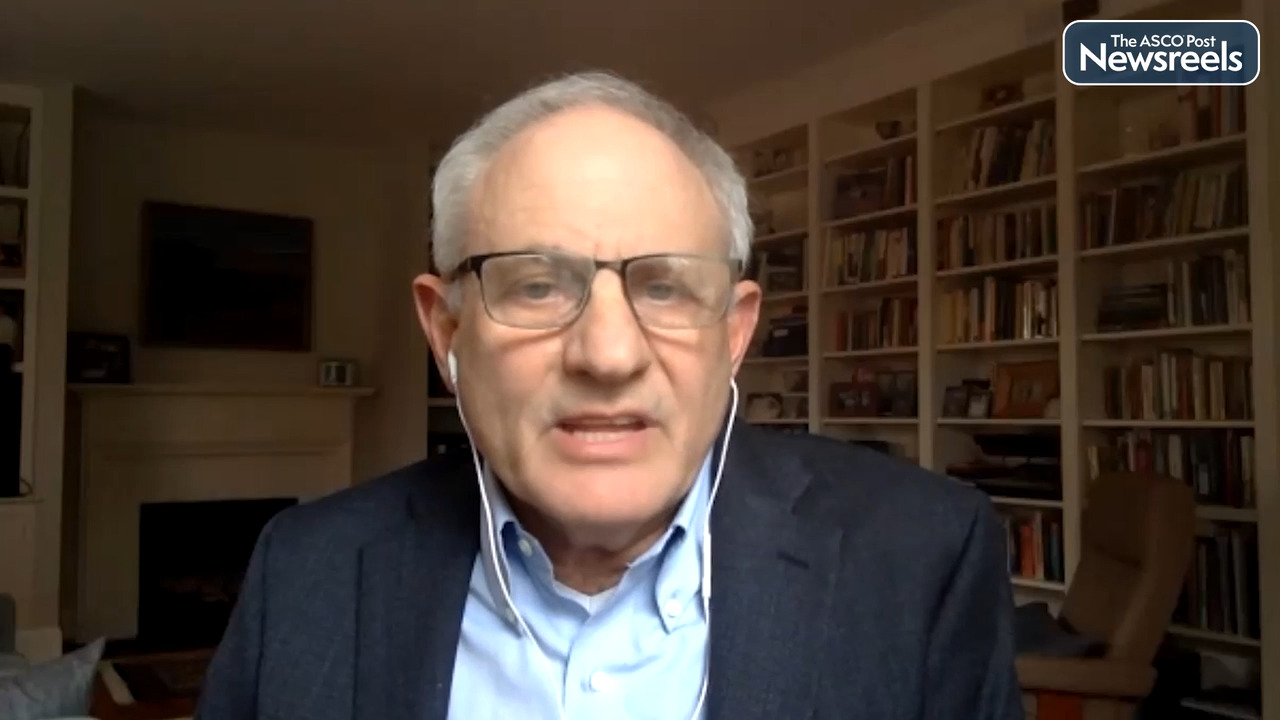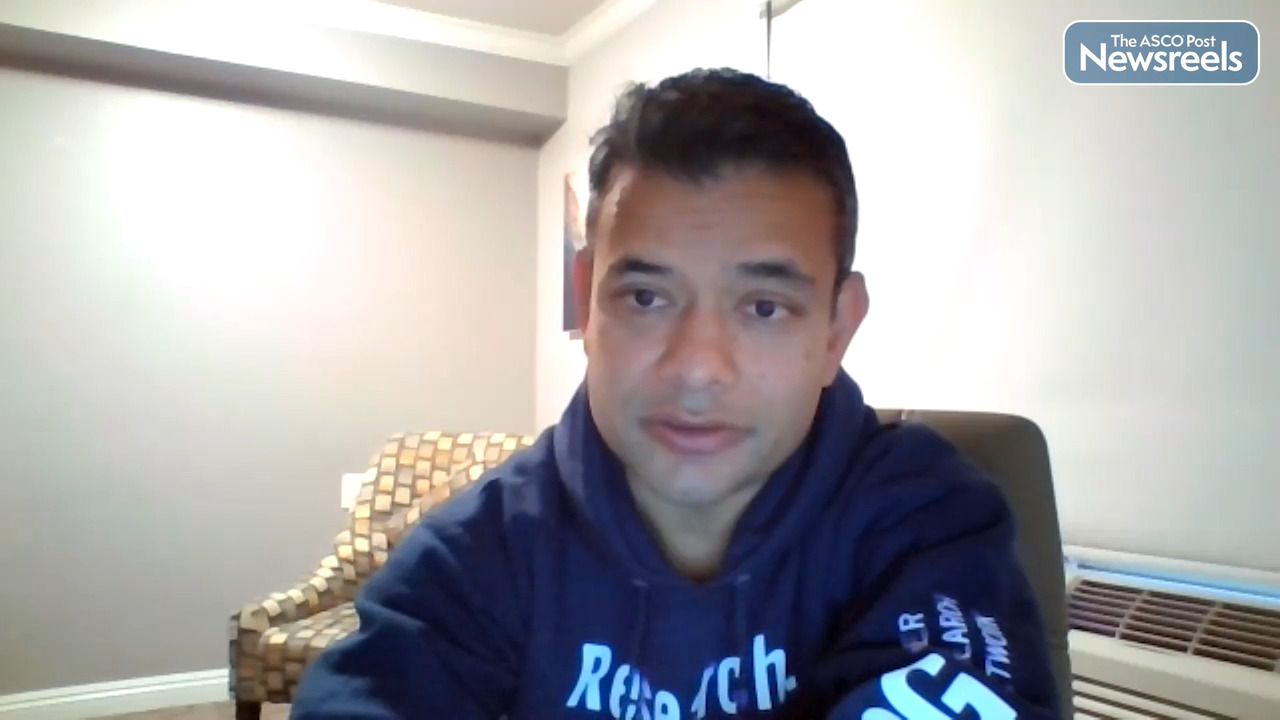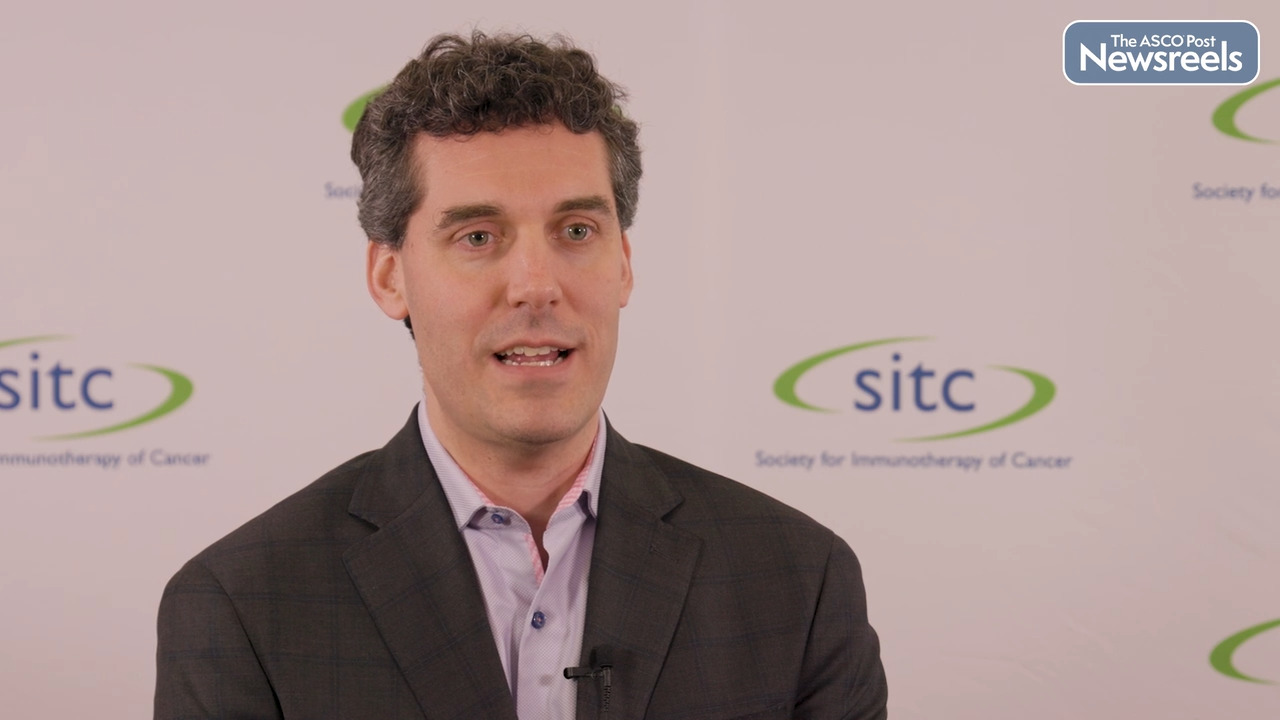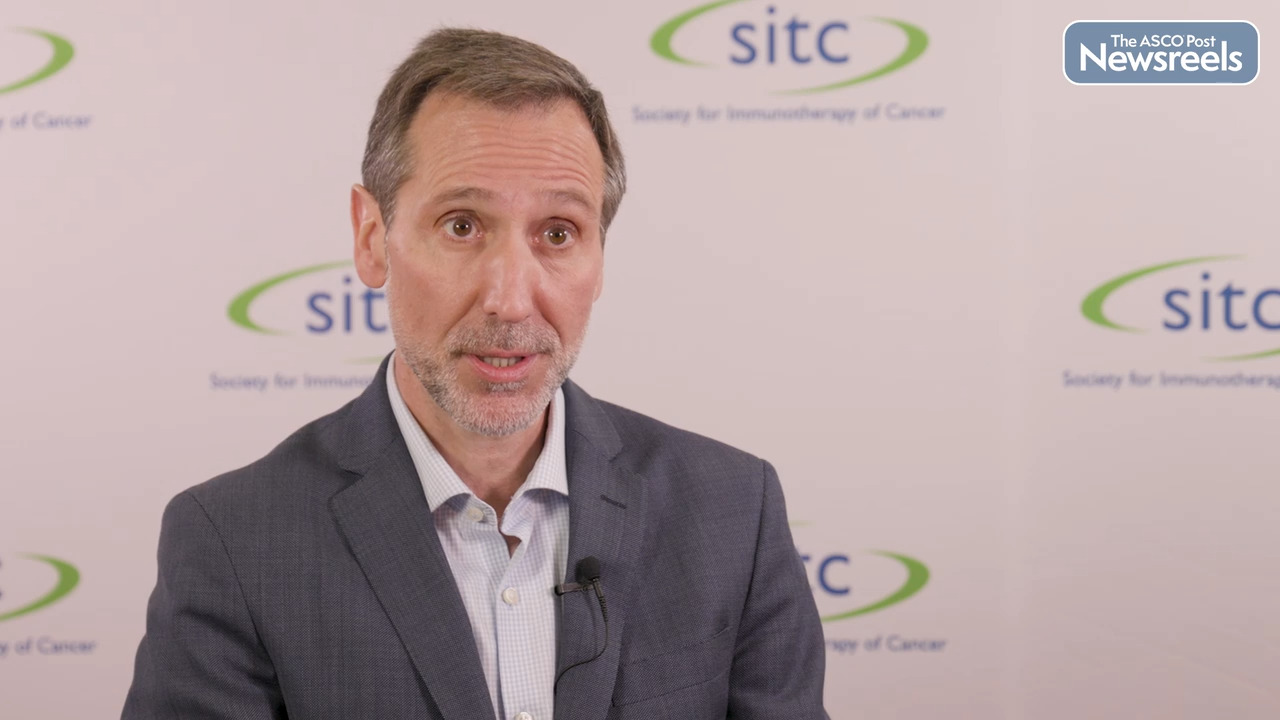Transcript
Disclaimer: This video transcript has not been proofread or edited and may contain errors.
So actually class one antigen presentation mechanism. It's a fundamental process through which CDAT cells recognize tumor cells and also immunotherapies targeting PD-1 blockers or PD-L1 blockers, they ultimately need to enhance the T-cell function, but the T-cell still need tumor antigens on the tumor cell surface. So a generation of tumor antigens, it's in an innate property of a cancer cell in which any dysregulated protein, especially the tumor-specific antigens in this case, so they get protealysed through [inaudible 00:00:39] process and then they cleave into smaller peptides. So those peptides, they are accumulated in the cytosol, but they need to go inside the ER because all those actually class one molecules are sitting on ER. So these peptides, they need some kind of transporter, and there are two transporter for that, the TAP-1 and TAP-2 on which I'm working. So these two transporters, they basically transport all those fragmented peptides from cytosol to the ER, and those peptides are ultimately loaded onto the HLA class one molecules and then they migrate to the tumor cell surface.
So that's how this whole antigen presentation machinery works. So our lab has previously shown that one of the component of the APM, which is the PT-L2 microglobulin, so there are [inaudible 00:01:25] that leads to the tumor immunization mechanism. In this study what we hypothesize that other than beta 2M, there are some other APM components, in this case, like TAP-1 and TAP-2, they miss playing an imported role in tumor immunization, and for that we have tested the expression of TAP-1 and two using the multiplex [inaudible 00:01:48] process approach in 1100 samples from the non immunotherapy and immunotherapy treated patients. What we found was very significant that not TAP-1, it was TAP-2, which is heavily dysregulated or non-regulated in all those cohorts. It was around 25 to 30%. And then we did some kind of in vitreous studies where we selectively knocked down TAP-1 and TAP-2, and then we see that if losing the expression of these two proteins has an impact on the surface HLA class one presentation or CDAT cell mediated killing.
What we found that the loss of TAP-2 is more dramatic, like losing TAP-2 expression in the tumor cell leads to abrogation of surface HLA class one presentation, and also they protect tumor cells from CDAT cell mitigated killing. That was our experimental part, and that's how we validated the importance of TAP-2 in the whole antigen presentation machinery. The clinical aspect of the study is it's a kind of negative predictor for immunotherapy targeting the CDAT cell based therapy especially because when you know the patient having the low TAP-2 expression in the tumor cells, so immunotherapy is not going to go and work.
So that's how we can see if the patients are not giving the PD-1 blockers to those patients. So what we are doing now is like, it's not a genetic loss, so it's a protein dysregulation so that's basically very promising part, and we are trying to restore the TAP-2 expression in tumor cells. So for that, like we are working with the Yale Center for Molecular Discovery, and we are trying to screen some kind of compounds which can help restoring the TAP-2 in tumor cells. And then with that we can enhance the antigen presentation machinery in the tumor cells so that's the future plan.
